10 Signs an EMT Career is Right for You

Emergency medical technicians (EMTs) and paramedics are in high demand right now.
In fact, according to the U.S. Bureau of Labor Statistics, there were nearly 250,000 related jobs in 2016 with an expected growth rate of 15% (much faster than average).
Of course, becoming an EMT isn’t for everyone. Even for those who are interested in a career in the health care industry, emergency medicine may not be the right fit.
The best way to choose a career path is to assess the nature of the job against one’s own personality traits.
There are a few characteristics that make a successful EMT.
Without these traits, not only will long-term success and happiness not be possible, but patient care may suffer as well.
If you’re considering the possibility of a career as a medical first responder, here are ten signs you’re on the right path.
Excellent Bedside Manner
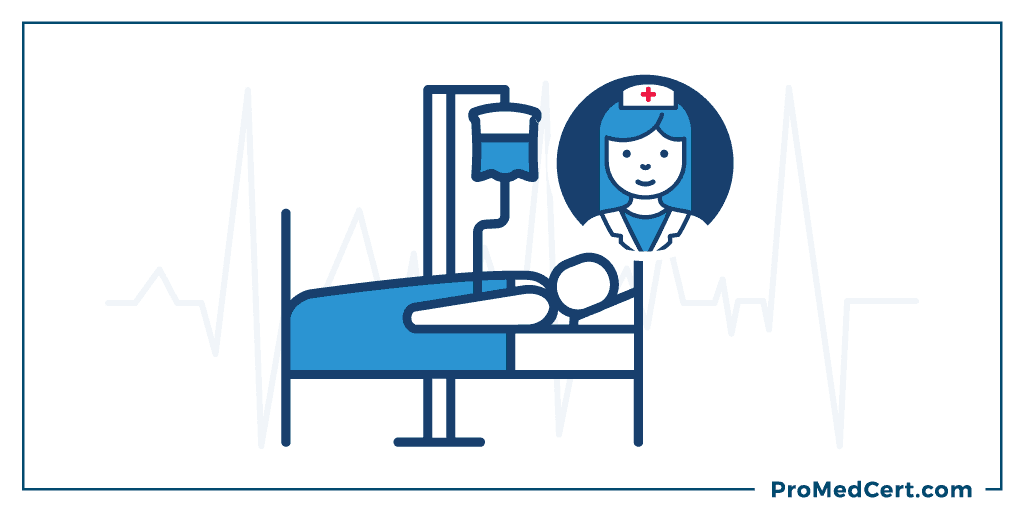
We often attribute the term bedside manner to nurses and doctors working in hospitals and health care facilities, but it’s equally if not more important for someone in an EMT position to be good with patients.
That’s because in an urgent medical situation, an EMT must be able to reassure the patient while also keeping bystanders as calm as possible.
Good Communication Skills
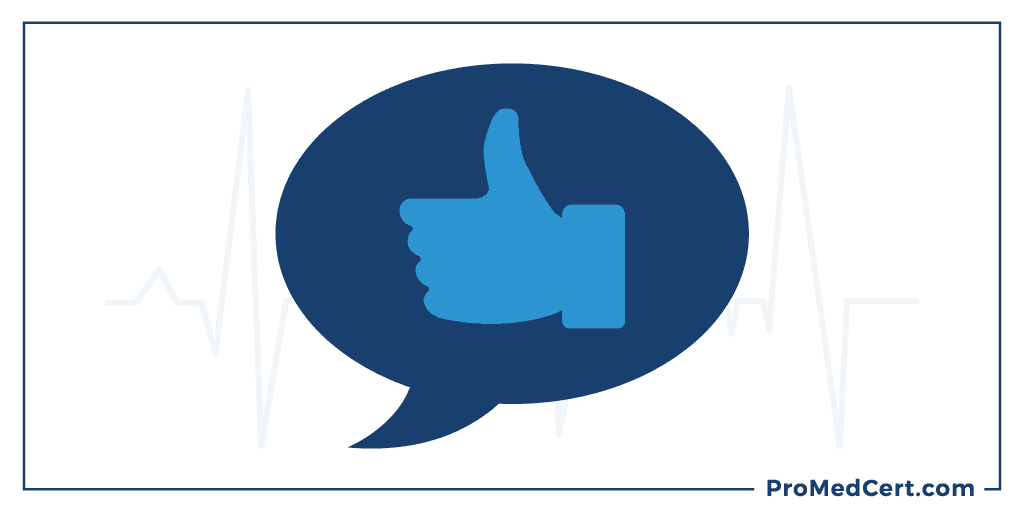
Effective communication is essential in any medical care setting, but it’s especially important in emergency situations.
Not only must an EMT have the ability to communicate clearly with his or her colleagues, but he or she must also be able to work with patients and bystanders to effectively assess the situation so that the appropriate care can be delivered in a timely manner.
Confusion, misunderstanding and ambiguity can make a bad situation worse.
Psychological Stability
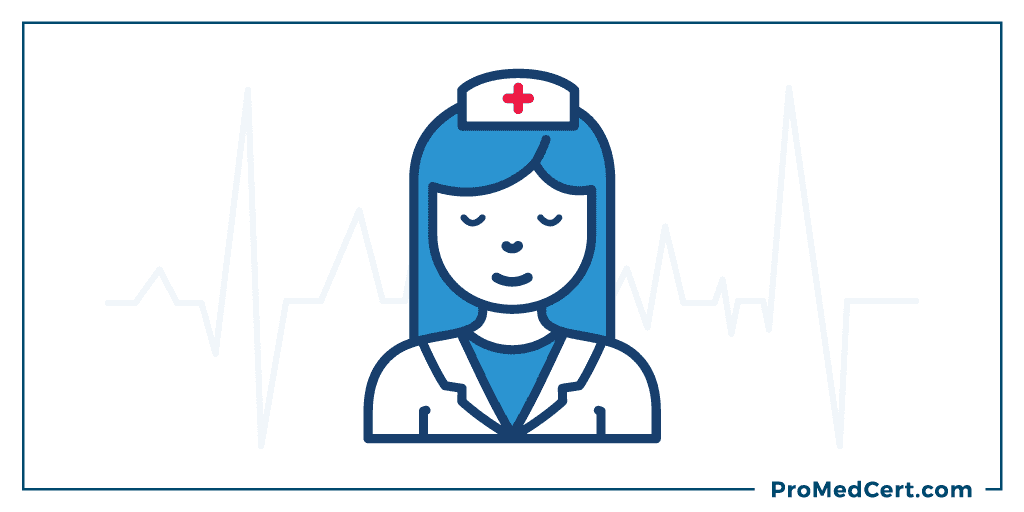
Emergency medicine is, by nature, chaotic.
You never know what you’re going to encounter once you arrive on-scene, but you can be confident that it’s most likely going to be a stressful situation.
For an EMT to be successful, he or she must be able to maintain a constant level of calmness, regardless of the surrounding circumstances.
In this field, cool heads always prevail.
Having a low-key demeanor and unshakable focus can literally mean the difference between life and death for a patient.
Exceptional Social Skills
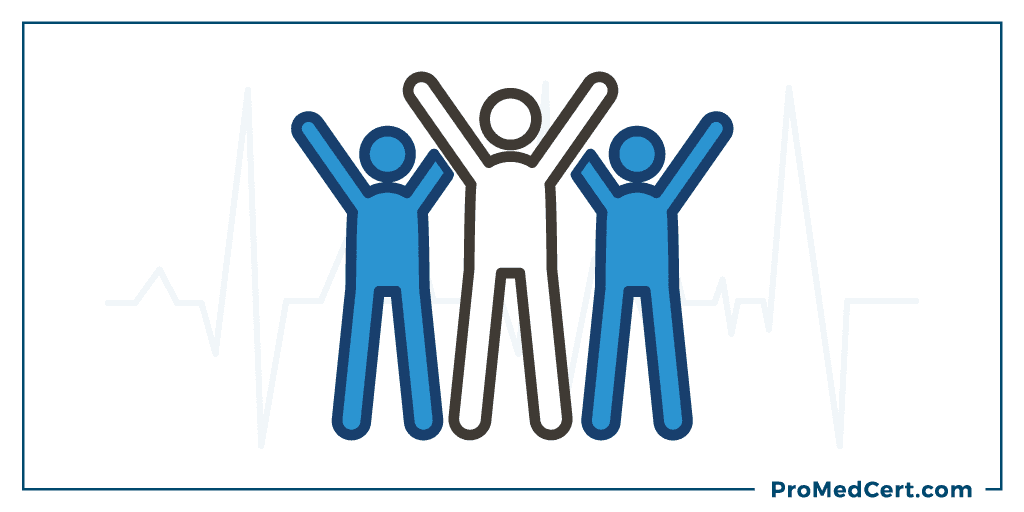
EMTs and paramedics rarely work alone.
They almost always perform their job duties as a part of a team.
For this reason, being a team player is absolutely essential.
In fact, most EMTs develop strong interpersonal relationships with their colleagues, and it’s the trust and harmony between co-workers that contribute to the quality of care being delivered.
If you consider yourself more of a loner, a career as an EMT will probably not be a good fit for you.
Compassion / Empathy
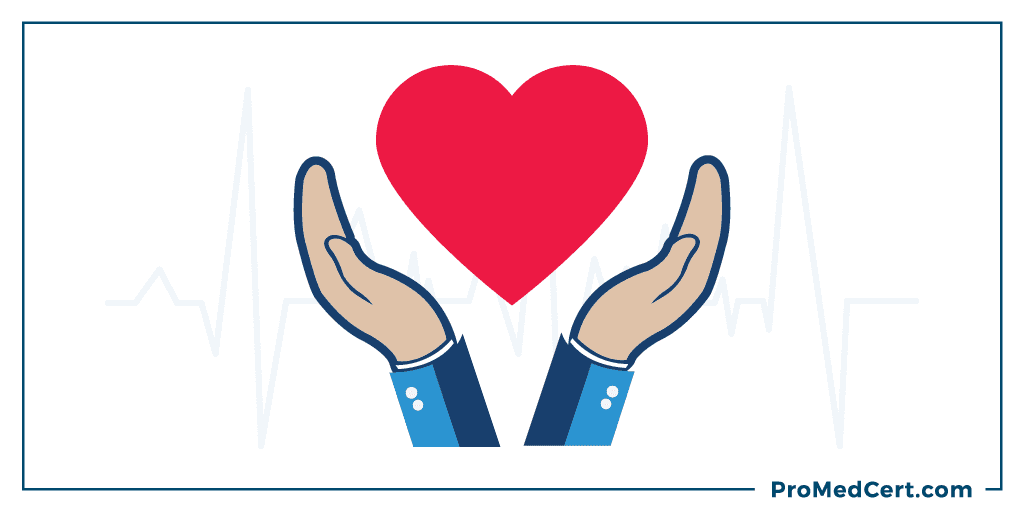
One of the unique aspects of a job in emergency medicine is the fact that almost every interaction you have with a patient is during one of his or her worst moments in life.
The people you encounter on a daily basis as an EMT will likely be in a great deal of pain, frightened, confused or all of the above.
To diffuse the situation and deliver the best possible care, you must be able to put yourself in the shoes of the patient and/or bystanders.
For that reason, compassion, care and empathy are critical components of the job.
Diplomacy
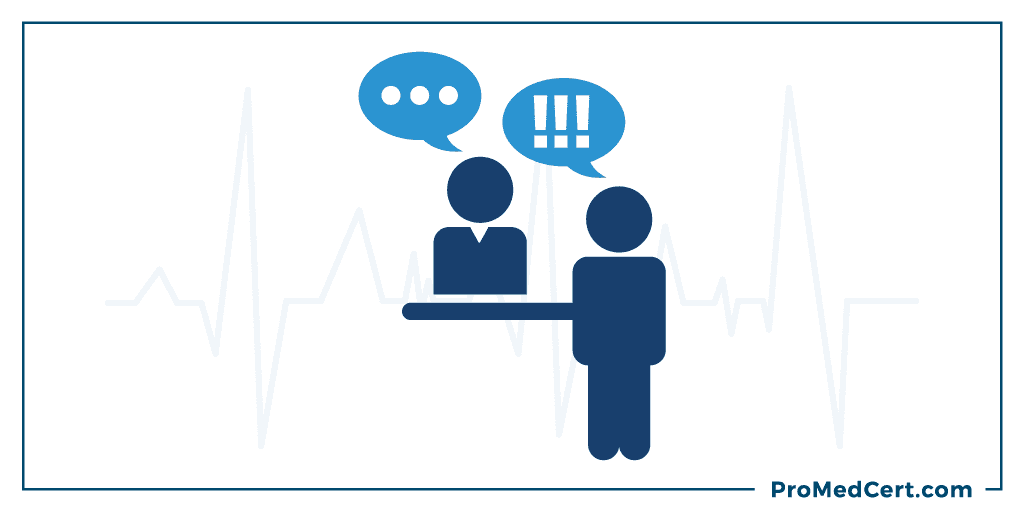
EMTs often face situations that are volatile.
In some instances, patients may be mentally unstable or otherwise prone to violent behavior.
Intoxicated or drug addicted individuals, for example, are frequently transported by emergency medical professionals, and often while they are still under the influence.
EMTs must be able to control any situation and work with people of all backgrounds.
In other words, diplomacy is key.
Good Physical Condition
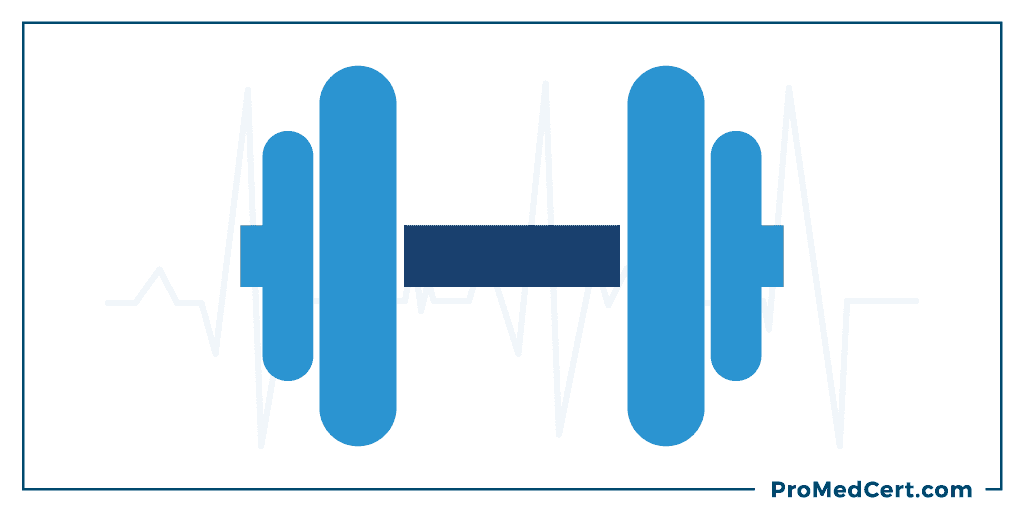
There is a high degree of physicality involved with being an EMT.
Being able to lift and transport patients that are incapacitated, unconscious or simply overweight is an integral part of the job.
To that end, in order to be successful in this line of work, you must be in good physical shape.
If you are not fit or do not possess adequate strength, you might want to reconsider a job as a paramedic.
Dependability
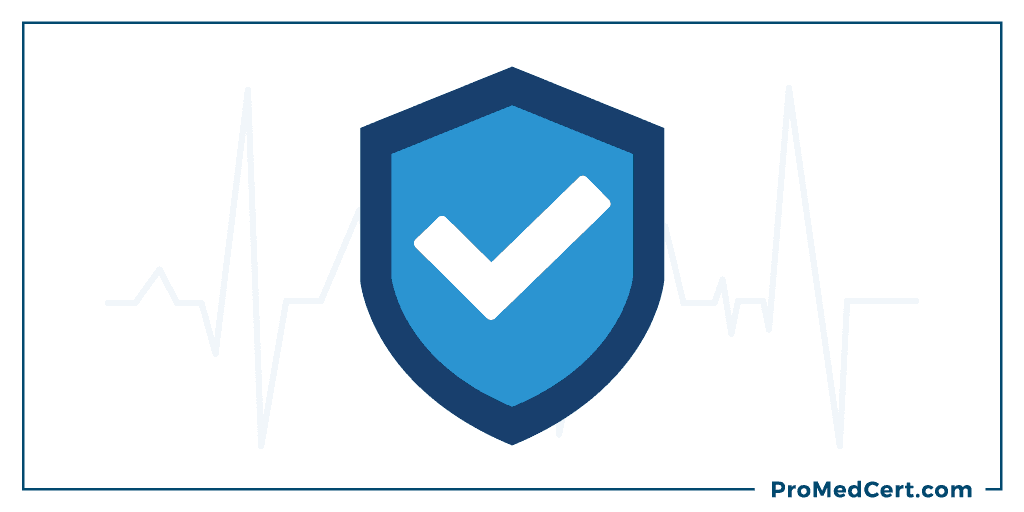
An EMT is often tasked with working long, sometimes grueling hours and is expected to be available, either for their normal scheduled shifts or on an on-call basis.
Calling in sick on a regular basis will not fly in this job.
As a first responder, your co-workers and your patients rely on you to be there for them, whether you feel like it or not.
If dependability isn’t your thing, a career as an EMT might not be either.
Sound Judgment
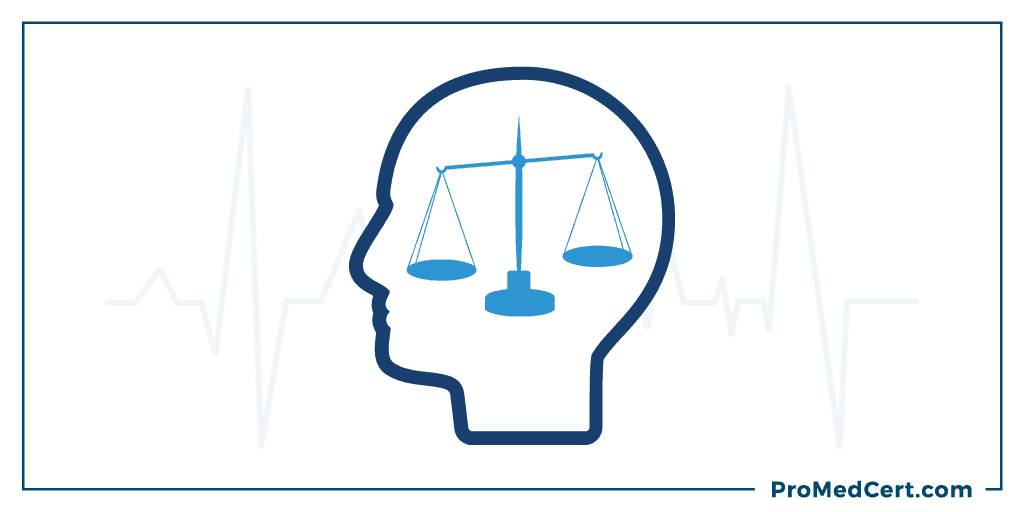
Emergency medical technicians must be able to make quick decisions about patient care, and oftentimes these decisions must come at stressful times and during chaotic situations.
For this reason, it is absolutely imperative that EMTs possess the good judgment to be able to focus and make the right decisions in a timely manner.
It could directly impact the outcome for the patient.
Utmost Professionalism
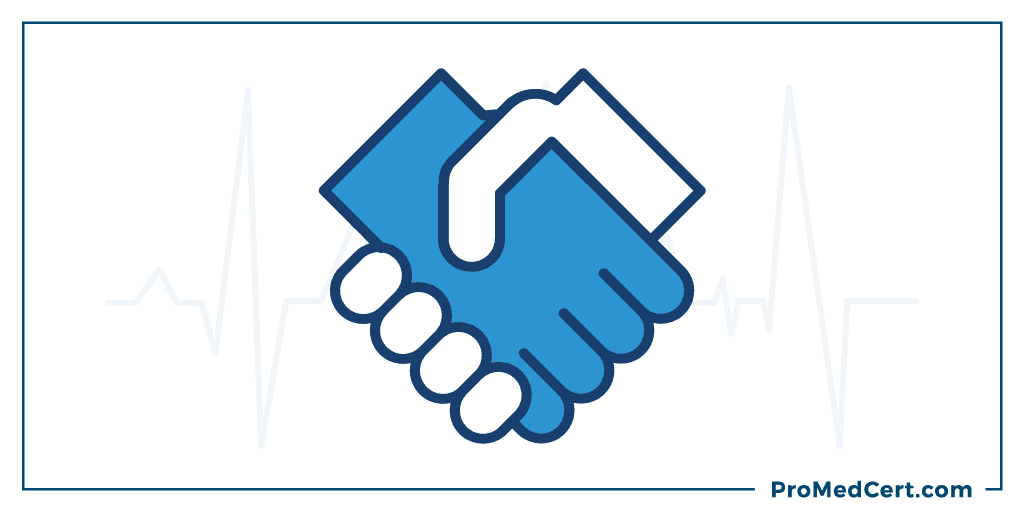
EMTs work with a wide variety of people, from senior medical professionals to difficult patients and just about everyone in between.
Remaining calm, being polite and respectful, and carrying yourself with poise at all times – even in the worst of circumstances - is critical.
Individuals with short tempers or who struggle in the area of professionalism may not be well-suited for a job as a paramedic.
Opportunities abound for those seeking to become an EMT.
With tremendous growth potential, competitive salaries, excellent benefits, room for advancement and no shortage of employers to choose from, it can be a wise career choice.
In order to be successful, however, and truly flourish in this line of work, it’s important to have the right traits.
If you’ve checked off all or most of the above, congratulations.
You very well may have a bright future in the emergency medical field.
Enjoy this content? Be sure to check back regularly – or better yet, bookmark our blog so you’ll never miss another post! And remember – once you become an EMT, we’ve got you covered for your medical certifications.

